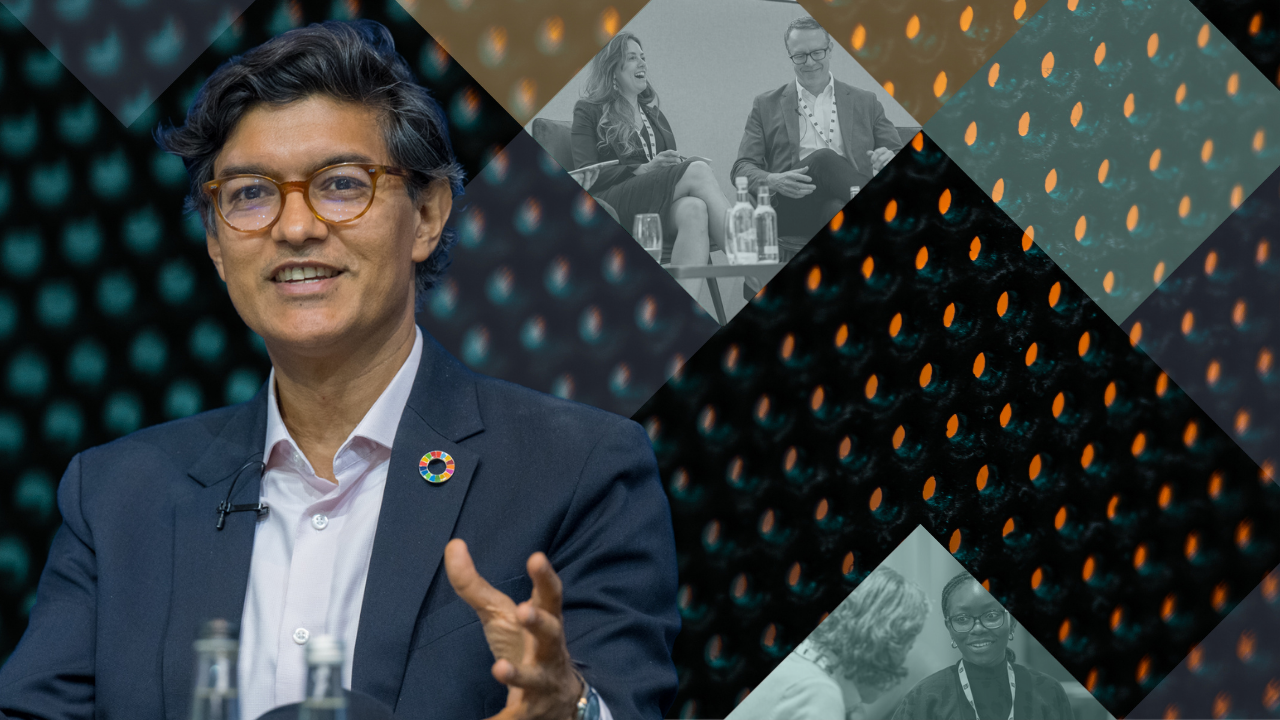Despite everything, it’s been a remarkably good year for Microsoft. The threat of a mandated break-up, or at least of a damaging legal settlement, has almost entirely dissipated. Microsoft leads a handful of US tech companies that continue to thrive amid the slump that has whittled the earnings of their oh-so-distant rivals, while delivering both a top and bottom line that outstrips the Nasdaq Composite Index.
More recently, the company again made headlines by announcing a momentous dividend payment and a two-for-one share split. The dividend is aimed at making Microsoft’s shares more attractive to a broader range of investors, but some observers may worry it means the company will spend less on future investments and buybacks. In fact, the initial $870 mn annual payout barely puts a dent in the company’s estimated $43 bn cash pile.
Setting the scene
At the front line throughout a stormy year was Krishnan Srinivasan, the firm’s chief IRO. Recently he found himself reaching out to shareholders and laying the groundwork in the lead up to the dividend launch at the same time as the most recent earnings announcement.
‘Over the last 18-24 months we heard different opinions about how people felt about dividends,’ says Srinivasan. ‘Some people said yes, we want them, some said we’d rather you invest the cash as you see fit, and others said we don’t really care.’
There was nothing fluky about the surprising urge to return some wealth to shareholders, coming as it did hot-on-the-heels of President Bush’s proposal to end double-taxation on dividends. But the timing was also right because a degree of clarity has finally come on the litany of legal issues facing the company.
‘I want to be clear on the use of the word clarity versus resolution,’ explains Srinivasan. ‘We still have a number of outstanding issues, whether it’s the European Union or some of the private antitrust suits brought by Sun and AOL. But we have a lot of clarity around some of the big issues like the District trial,’ he says. Microsoft still faces antitrust class-action lawsuits in 16 different US states and the District of Columbia after settling no fewer than 27 suits brought against it in California.
The annual dividend, which is expected to grow gradually over time, is unlikely to hamper Microsoft’s enormous investment capacity any time soon. It shells out over $5 bn on software research each year – more than the entire California software industry combined. Investors are more likely to be concerned about the estimated $9 bn in write-offs in cable and telecom ventures.
Srinivasan heads a ten-person department, including six ‘deep business thinkers’ who are responsible for communicating with institutions and the sell side on all matters – business, technology, financial, legal, PR, deal-related and anything else. The department, says Srinivasan, has built a lot of depth along financial, technological and strategic lines to deliver a better message to investors and analysts. ‘That was actually a pretty big change for us, as IR folk, to build that level of expertise,’ he recalls.
Ears to the ground
And while no-one in the department is specifically dedicated to tracking the competition, Srinivasan expects all his people to keep their ears to the ground: ‘To be a deep business thinker you’ve got to think about not only Microsoft but also IBM and what’s happening with Linux or anything else.’
The department prides itself on its straightforward thinking – always letting people know what the risks and opportunities are. ‘During the course of the quarter we never really sit down and update people on how good things are because that’s not what we really want to do. People understand how the levers relate to our business so they can decide whether things are on track or not,’ says Srinivasan. ‘But we always listen very closely to what shareholders are telling us.’
Srinivasan believes Microsoft’s focus on value and core business drivers instead of stock price has helped it immensely through the rough times: ‘What we’re doing today amidst the global IT slowdown is not very different to what we did in the middle of the crazy internet bubble when everything was heading in the opposite direction. Our focus on value has not changed,’ Srinivasan concludes.






